Solar panels: are they worth the investment?
As electric bills go through the roof demand grows for alternative energy options
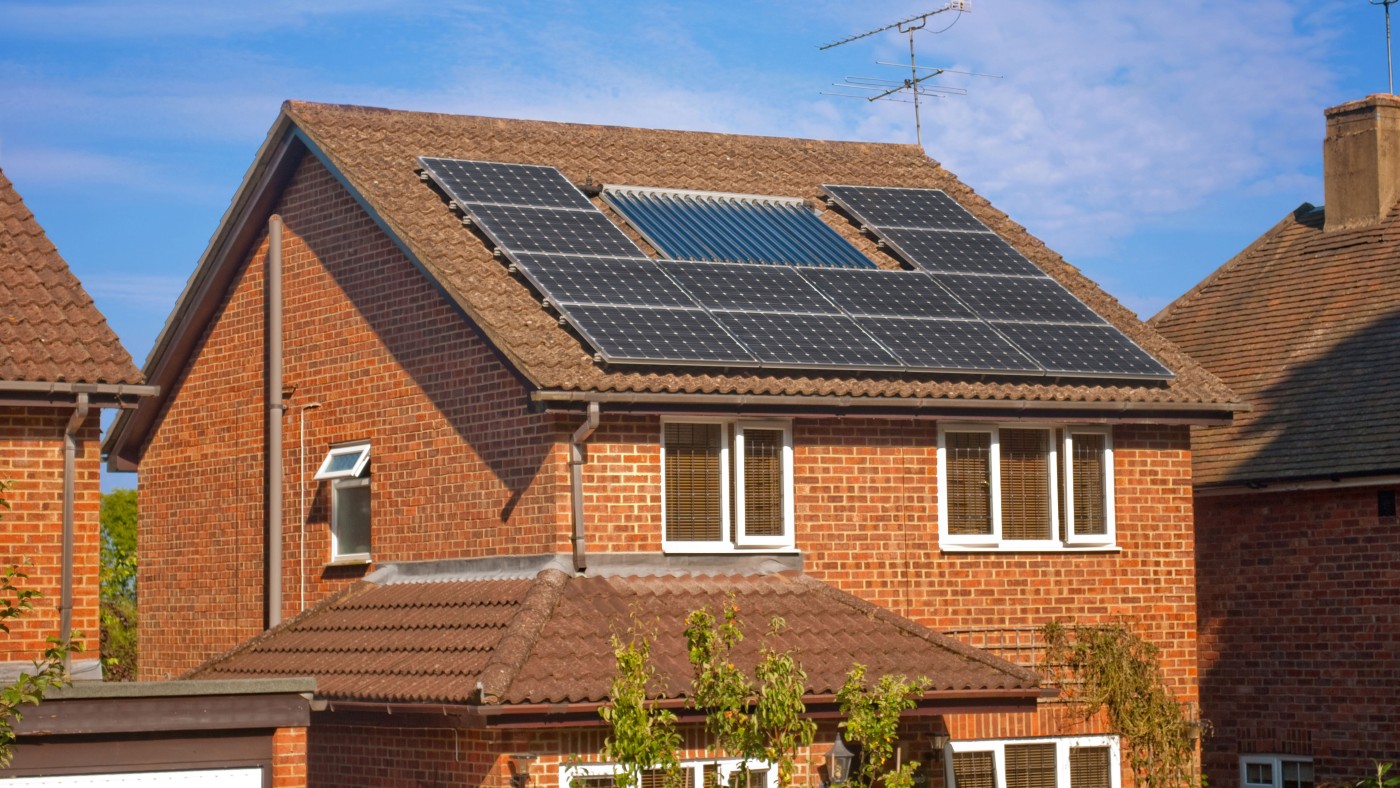
A free daily email with the biggest news stories of the day – and the best features from TheWeek.com
You are now subscribed
Your newsletter sign-up was successful
With the cost of living increasing and energy bills dramatically rising from this month, households across the UK will be looking at ways they can reduce their monthly outgoings. Savings can be made with some short-term changes around the home, but many people are trying to find long-term solutions to lowering their electricity bills.
As UK energy prices “go through the roof”, homeowners are “looking skywards to try and ease the pressure on their budgets”, said Shane Hickey in The Observer. One “ray of hope” is to install solar panels.
According to a government report in 2020, more than 970,000 UK homes have solar panels – and numbers are “increasing rapidly”, said Amy Cutmore on Ideal Home. “You’ve probably spotted an increasing number of solar panels popping up on roofs all around the UK. And it seems this trend is only set to continue.”
The Week
Escape your echo chamber. Get the facts behind the news, plus analysis from multiple perspectives.

Sign up for The Week's Free Newsletters
From our morning news briefing to a weekly Good News Newsletter, get the best of The Week delivered directly to your inbox.
From our morning news briefing to a weekly Good News Newsletter, get the best of The Week delivered directly to your inbox.
Demand is growing as more people work from home, but “does the outlay for installation pay off?”, Hickey asked. Here we look at what the experts are saying about solar panel installation and investment in 2022.
What are the benefits of solar panels?
Solar panels take advantage of “one of nature’s most powerful yet free resources” – the energy produced by the sun, said Attila Tamas Vekony on GreenMatch.co.uk. They use semiconductor technology to convert energy from sunlight into electricity that can power your household. There are two main types: photovoltaic panels, that produce electricity, and solar thermal panels, that are used for heating purposes.
The key benefits of solar panels are:
- Electricity all year round
- Reduce your carbon footprint
- Increase the market value of your property
- Earn money from excess energy you generate
Cutting electricity bills is another key benefit of solar panels, said the Energy Saving Trust. “Sunlight is free, so once you’ve paid for the initial installation, your electricity costs will be reduced.”
A free daily email with the biggest news stories of the day – and the best features from TheWeek.com
How much does it cost to install solar panels?
As more people “choose to go sustainable”, solar panels have “soared in popularity”, said Josh Jackman on The Eco Experts. Installations have risen by 45% in the past three years and an “increasing number of households are seeing the value in solar power, and are taking advantage”. The cost of solar panels has fallen by 88% since 2010, according to government data, and “just at the right time”.
However, installing solar panels still “comes at a cost”, said Hickey in The Observer. The average installation costs are almost £5,000 and “rising labour bills and shortages of photovoltaic panels mean prices are going up”. The average price for an installation of a 3.5 kilowatt-peak (kWp) system is £4,800, including labour. “This tends to be about 12 panels.” For a 3.5kWp system you need room for 15-20sqm of panels.
A 4.2kWp domestic solar photovoltaic system costs around £6,500, said the Energy Saving Trust. Panels on top of the roof are the cheapest option, while tiles are the most expensive for the equivalent system. “Costs can vary between installers and products, so we recommend getting quotes from at least three installers.”
In the Spring Statement, Rishi Sunak announced that households will now pay 0% VAT on energy-saving equipment such as solar panels and heat pumps. The chancellor said this could cut the cost of solar panel installation by up to £1,000.
How much money can solar panels save you?
Solar panel “maths” is “getting better”, though they’re “not as lucrative as they once were”, said Andrew Capstick on MoneySavingExpert. The price of having solar panels installed has “dropped over the years”, but with energy bills rocketing, “generating solar power and using it yourself gives a far bigger saving now than it used to”.
The biggest gain comes from “using what you generate” – you could save up to £440 a year on your bills, Capstick added. Based on Energy Saving Trust estimates – “which we’ve added an uplift to, to update for the energy bills spike” – a typical household with a 3.5kWp system can knock between £170 and £440 a year off bills.
In addition, with incentives like the Smart Export Guarantee (SEG), “you can even earn money for surplus energy exported back to the grid”, said Tamas Vekony on GreenMatch.co.uk.
The SEG, which launched on 1 January 2020, is a government-backed initiative. According to energy regulator Ofgem, the SEG requires some electricity suppliers (SEG licensees) to pay small-scale generators (SEG generators) for low-carbon electricity, which they export back to the National Grid, provided certain criteria are met.
The verdict: are solar panels worth it?
There are a number of eco-friendly ways to reduce running costs and add value to your home – but one “outlier” is solar panels, said James Forrester of estate and lettings agent Barrows and Forrester. Despite being one of the most common ways of improving the carbon footprint of a home, it seems they “do very little” in terms of added value.
“Installation is expensive, around £5,875, while the value added is estimated to be £1,916, a loss of -£3,959. However, there are obvious savings to be made from reduced utility bills, so if the owner is planning to stay in the home for many years to come, solar panels can still offer good savings,” the agent said.
“Yes”, solar panels “are worth it”, said Jackman on The Eco Experts. How profitable your solar panels are “depends on where you are in the UK, because the sun shines more in different regions”. It makes sense that regions have different break-even points. For example, it takes 10.21 years to break even in East Anglia compared to 14.84 years in northern Scotland.
Even if it requires a “significant amount upfront”, said Tamas Vekony on GreenMatch.co.uk, investing in solar energy can have a “great return in the long run”.
-
 Local elections 2026: where are they and who is expected to win?
Local elections 2026: where are they and who is expected to win?The Explainer Labour is braced for heavy losses and U-turn on postponing some council elections hasn’t helped the party’s prospects
-
 6 of the world’s most accessible destinations
6 of the world’s most accessible destinationsThe Week Recommends Experience all of Berlin, Singapore and Sydney
-
 How the FCC’s ‘equal time’ rule works
How the FCC’s ‘equal time’ rule worksIn the Spotlight The law is at the heart of the Colbert-CBS conflict
-
 What are the best investments for beginners?
What are the best investments for beginners?The Explainer Stocks and ETFs and bonds, oh my
-
 Received a windfall? Here is what to do next.
Received a windfall? Here is what to do next.The Explainer Avoid falling prey to ‘Sudden Wealth Syndrome’
-
 How to invest in the artificial intelligence boom
How to invest in the artificial intelligence boomThe Explainer Artificial intelligence is the biggest trend in technology, but there are fears that companies are overvalued
-
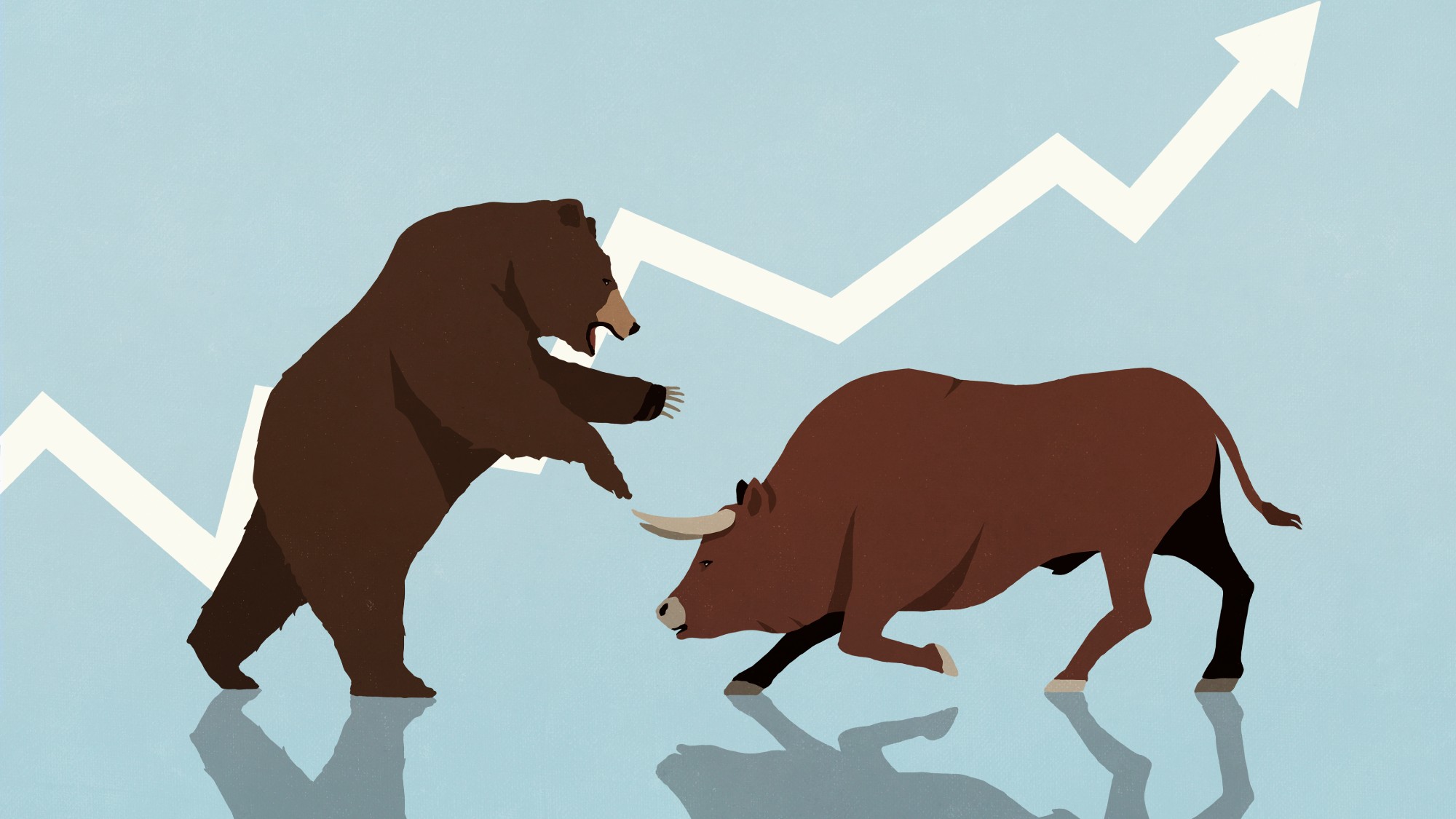 What’s the difference between a bull market and bear market?
What’s the difference between a bull market and bear market?The Explainer How to tell if the market is soaring or slumping.
-
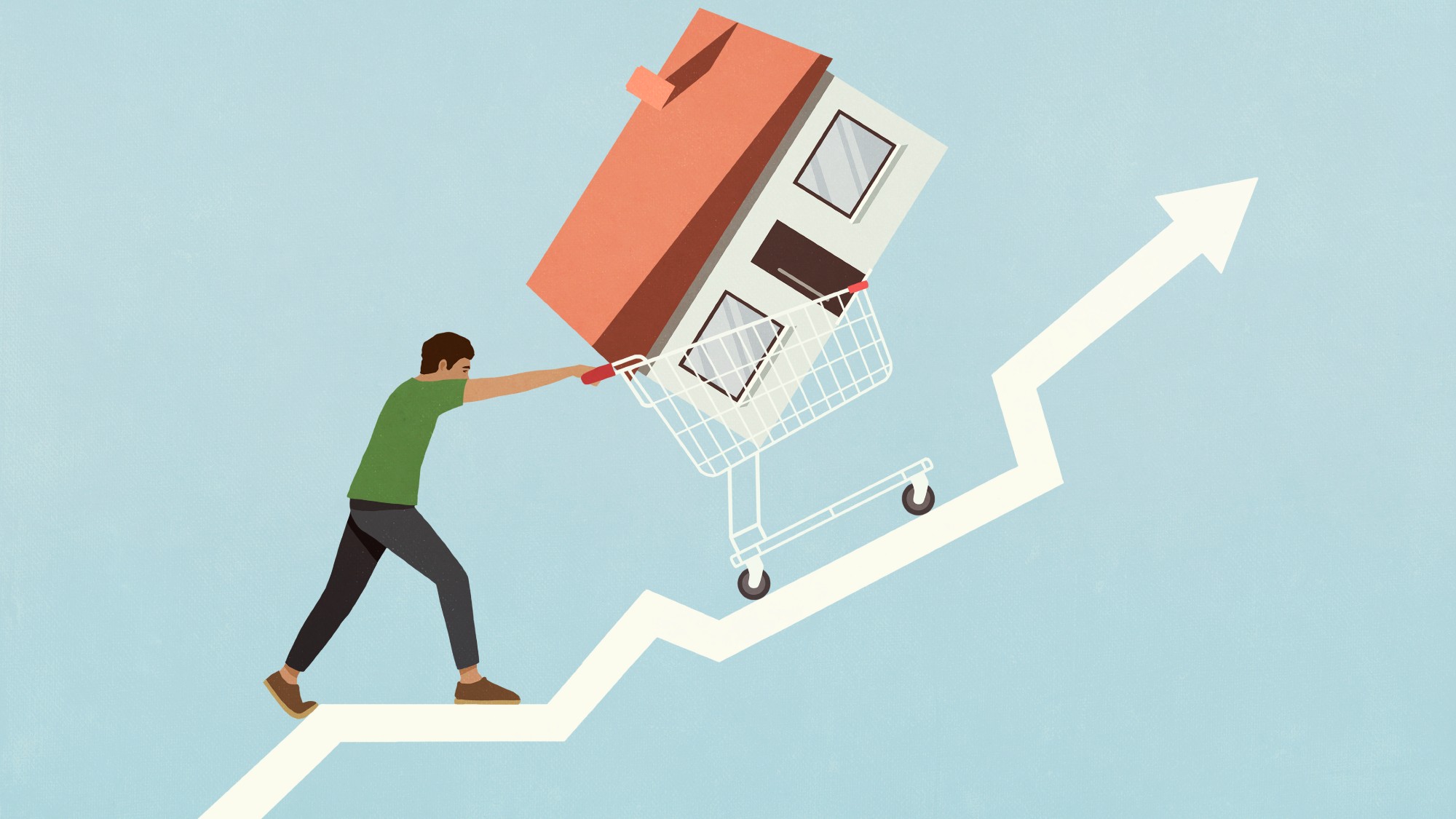 Is it a good investment to buy a house?
Is it a good investment to buy a house?The Explainer Less young people are buying homes, opting to rent and invest in the stock market instead
-
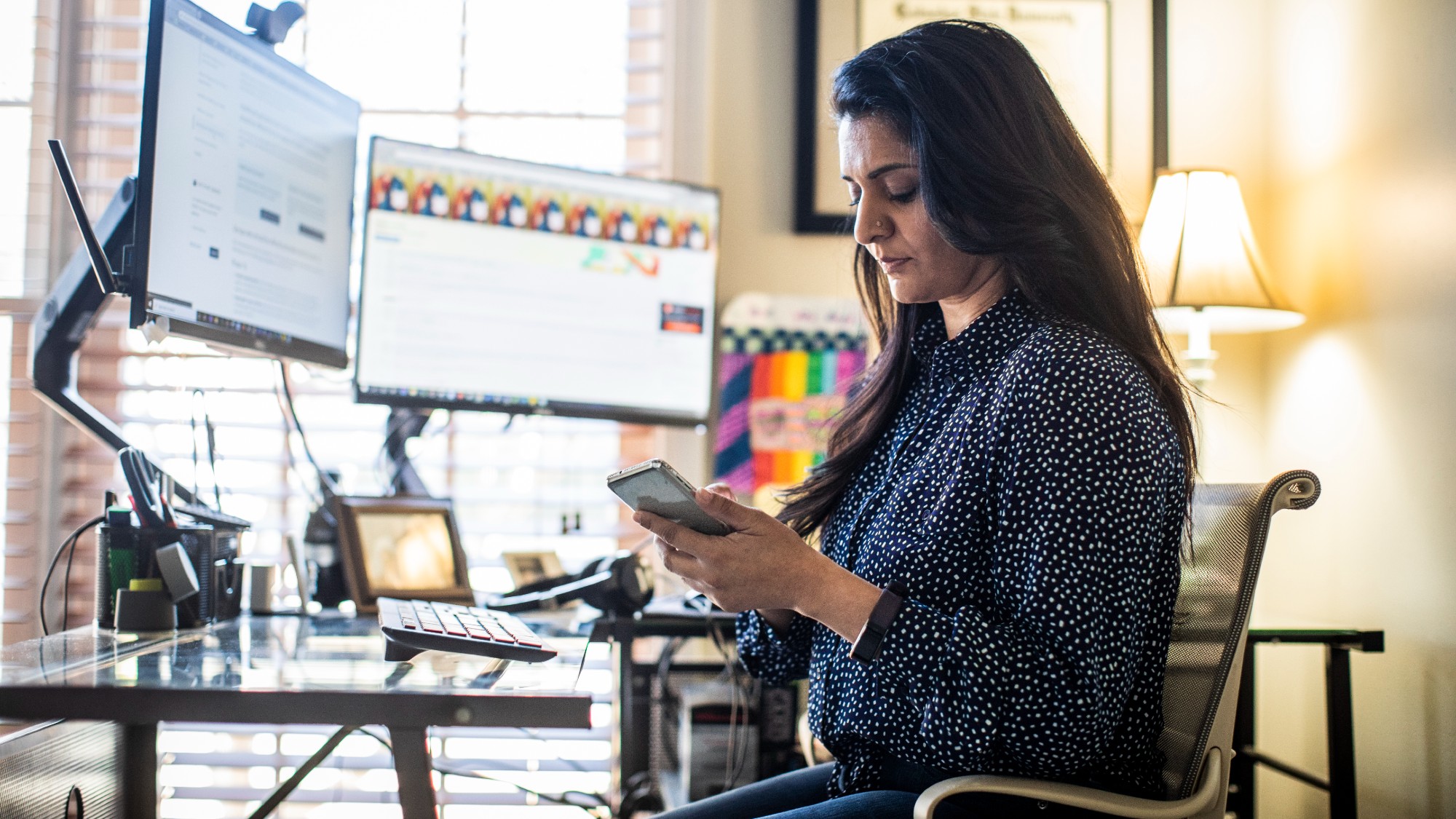 What is day trading and how risky is it?
What is day trading and how risky is it?the explainer It may be exciting, but the odds are long and the risks high
-
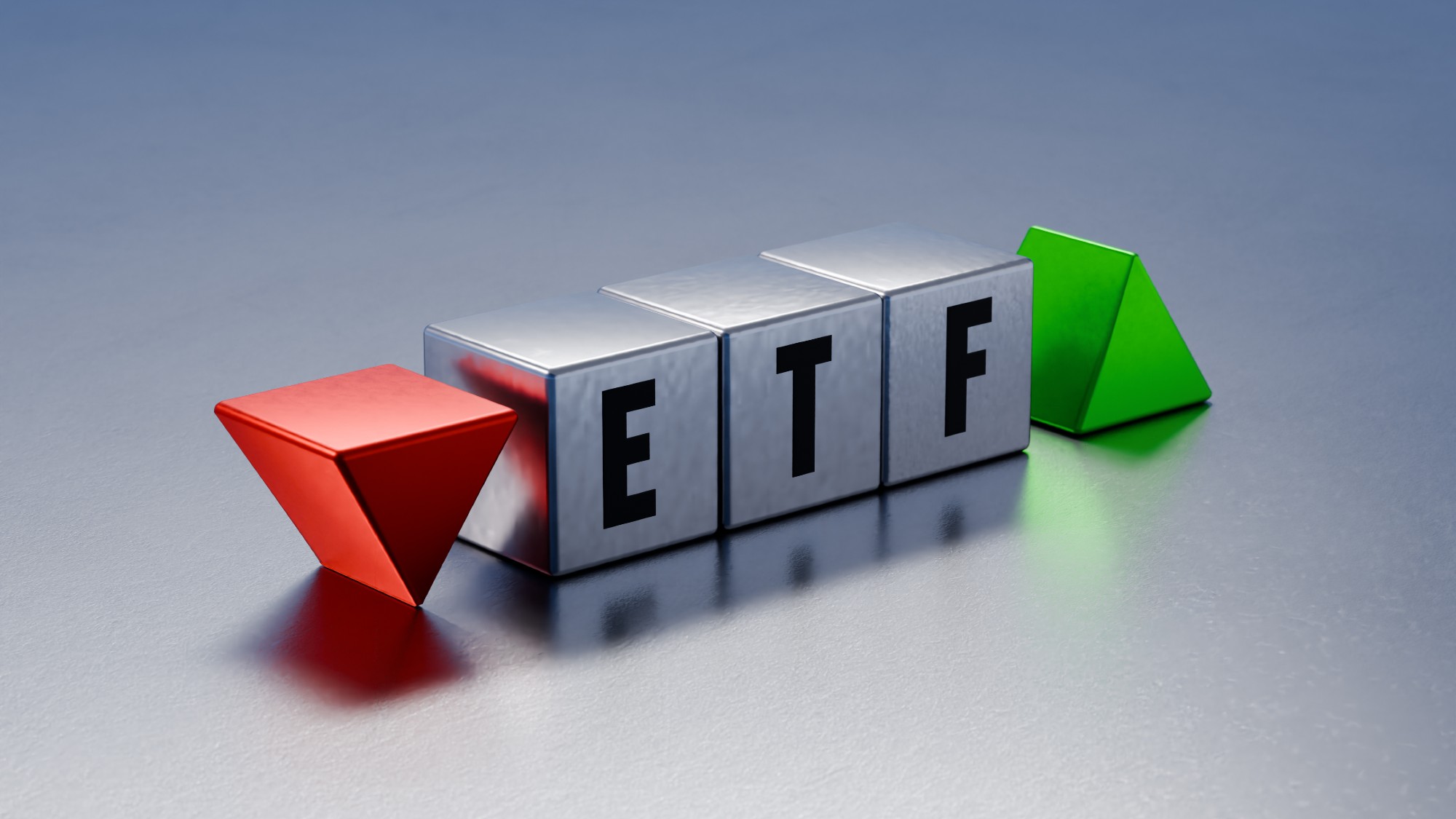 What to know about investing in ETFs
What to know about investing in ETFsThe Explainer Exchange-traded funds can be a great choice for beginners
-
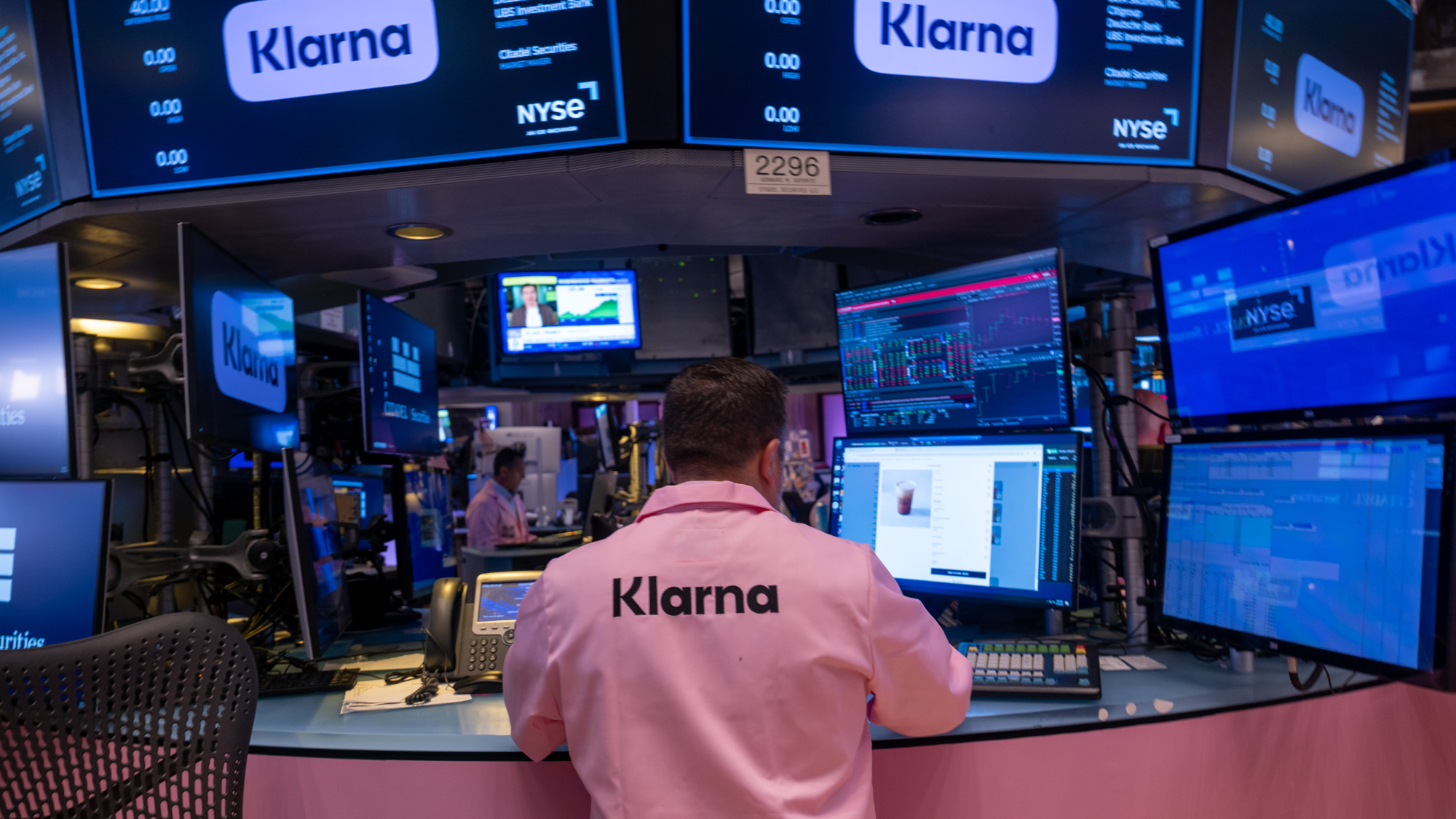 Retail investors drive a flurry of IPOs
Retail investors drive a flurry of IPOsFeature After years of slowness, companies like Klarna and Gemini are reviving the IPO market